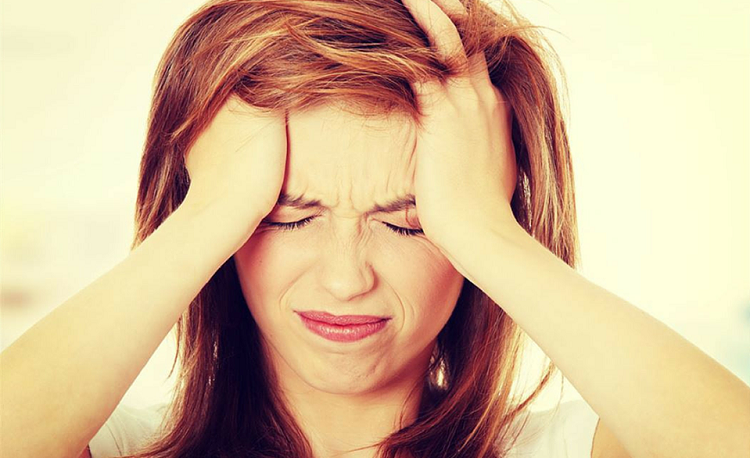Vitamin D deficiency has proven to give negative consequences to a person's health. Interestingly, this can be fought by practicing a well-balanced diet and healthy lifestyle. That way, a person can obtain the necessary vitamins. Otherwise, he/she can greatly impact the quality of his/her life.
According to BOXROX, there are different signs and symptoms of vitamin D deficiency. Once people can determine these tell-tale signs, they must help their body absorb the right amount of calcium to promote bone growth. Here they are:
Getting Sick Often
A person's immune system is responsible for staving off bacteria and viruses. When it is compromised, getting an illness is likely to happen. Vitamin D is responsible for interacting with all the cells in the body to help build the immune system. When the body does not have enough Vitamin D, it easily risks a person's immune system; hence, sickness happens.
Sustained Fatigue
Another sign of vitamin D deficiency is sustained fatigue. A recent study courtesy of Vitamin D Council is successful in drawing a connection between the deficiency and fatigue in women. It helps boosts a person's energy levels and, thus, keeps him/her active throughout the day. If one finds himself/herself completely exhausted for the most of the day, the plausible reason is lack of vitamin D.
Poor Bone Health
Of course, having poor bone health is due to vitamin D deficiency. With the right amount, one can significantly help his/her body in building and maintaining proper bone health. Vitamin D - and with the help of calcium - can dramatically increase a person's chances of fighting off bone damage and back pain. If one proves to have weak bone health, he/she sets the bar high for experiencing bone fractures and other forms of injuries.
Hair Loss
In most cases, stress is often the reason behind hair breakage and/or loss. Interesting, other factors that researchers have found out concern vitamin D deficiency. It appears to cause severe hair loss. Alopecia, which is an autoimmune disease, can be defined by extreme hair loss.
Unfortunately, though, medical experts have yet to have substantial data to support this claim. However, they believe that there is a definite connection between the disease and vitamin D deficiency. Other studies also suggest that individuals who suffer from alopecia - including female-pattern hair loss - appear to have lower levels of vitamin D; hence, the deficiency can somehow be related to severe hair loss.






